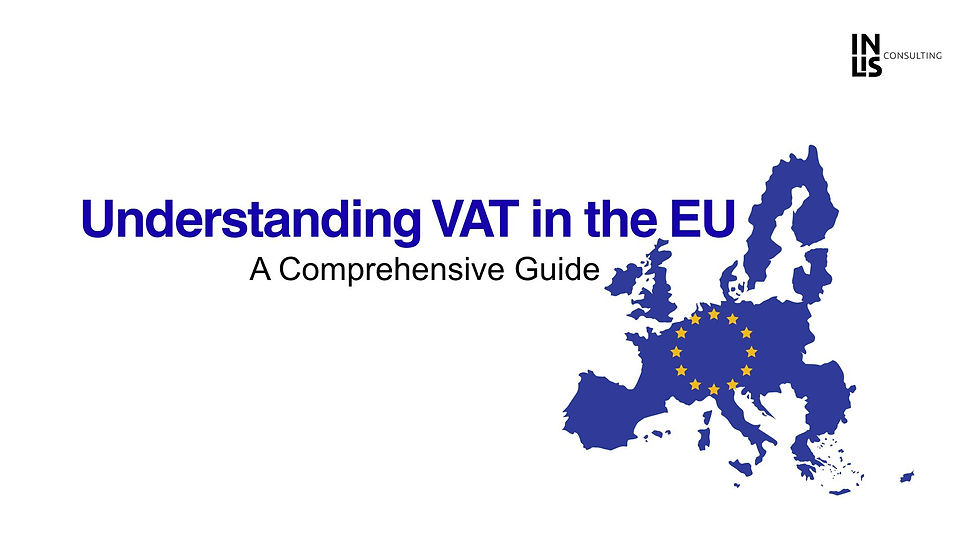Tax Penalties for Landlords Who Don’t Declare Rentals in Portugal
- INLIS Consulting
- Aug 21
- 2 min read
Undeclared rentals in Portugal carry serious legal and tax risks. Learn about the penalties for landlords, the risks for tenants, and how to lodge a complaint safely.

Rental property in Portugal can be a smooth process if done legally. However, some landlords try to avoid taxes by renting apartments without registering contracts or declaring rental income. While this may seem convenient, it exposes both landlords and tenants to significant risks.
This article explains the penalties landlords face, the risks for tenants, and how tenants can file complaints safely.
Penalties for Landlords Who Don’t Declare Rentals
Portuguese law requires landlords to declare rental income and register leases with Finanças. Failure to comply can result in:
Fines from €150 to €3,750 for not registering the lease.
Additional IRS penalties for undeclared income: a 28% flat tax for non-residents, or progressive rates up to 48% for residents.
Back taxes plus interest for undeclared rental income.
Risk of being flagged by Finanças if tenants report the illegal rental.
In severe cases, tax fraud charges may apply, potentially leading to criminal proceedings.
Landlords who ignore these obligations not only risk heavy fines but also damage their credibility and ability to legally rent out properties in the future.
Risks for Tenants in Illegal Rentals
Tenants in undeclared rentals face multiple challenges, including:
No official proof of residence is required for visas, tax registration, or residency permits.
Difficulty claiming IRS deductions for rent expenses.
No legal protection if the landlord raises rent suddenly or attempts eviction without proper notice.
Possible eviction if Finanças or local authorities detect the illegal rental.
Without a legal contract, tenants are in a vulnerable position, making it critical to understand their rights.
How Tenants Can Lodge a Complaint
If you are renting a property without a legal contract, you can take the following steps to report the landlord:
File a complaint online with Finanças (Autoridade Tributária e Aduaneira – AT):
Use the “Denúncia” form available on the Finanças portal.
Complaints can be submitted anonymously.
Contact ASAE (Autoridade de Segurança Alimentar e Económica):
ASAE oversees compliance with rental laws and consumer protection.
Visit your local parish council (Junta de Freguesia) or city hall (Câmara Municipal):
This is particularly important if the property is being used illegally as short-term accommodation.
Tip: Always keep proof of rent payments—bank transfers, receipts, or messages—to support your complaint.
How to Protect Yourself as a Tenant
To avoid the risks of illegal rentals:
Always request a written contract registered with Finanças.
Ensure the landlord issues monthly rental receipts.
Avoid paying rent in cash without proof.
If the landlord refuses to comply, reconsider renting—your legal protection is at stake.
Conclusion
Illegal renting in Portugal may seem advantageous for landlords, but it carries serious tax and legal consequences, including fines, back taxes, and potential fraud charges. Tenants also face risks, losing legal protection and potentially facing sudden eviction.
The safest option for both parties is a legal rental contract registered with Finanças. Tenants who find themselves in an illegal rental have the right to file a complaint and ensure their rights are protected.
At INLIS Consulting, we guide both tenants and landlords through rental compliance and tax obligations in Portugal.




Comments